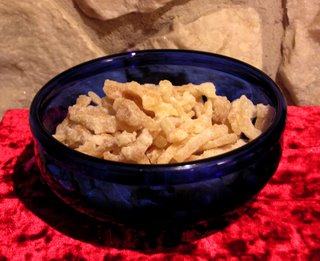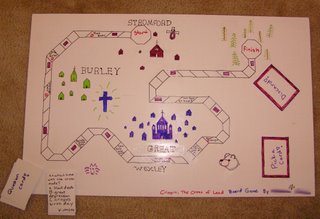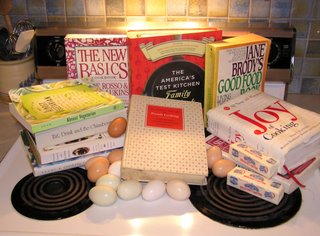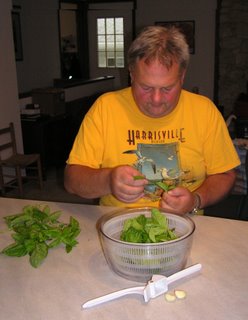
(with apologies to
James Agee and Walker Evans
)
I just finished Neil Gaiman's
Coraline
. What an odd little book. Gaiman wrote one of my favorite books,
American Gods
, and I just discovered his children's literature. While my first thought was that this man should not be writing for children, upon reflection I think that his horrifying stories are as necessary as fairy tales used to be, before they got all sanitized and pretty.
Just this morning, the kids and I were listening to Jonathan Stroud's second Bartimaeus book,
The Golem's Eye
, on the way to school. One of the characters is watching a play and thinks,
Show us a little of what we fear . . . only take away its teeth. . . . Make the demons frighten us, then let us watch them die.
That's rather what fairy tales do for our children, isn't it? They provide a way to confront our deepest, animal fears and deal with them rather than pushing them back into our psyches, ignored and ready to fester out when we are least prepared.
Back to
Coraline. The little girl walks through a closed-off door into an alternate reality, one in which her parents give her the attention and presents she craves, but are creepy and have sewn-on black buttons on their faces in place of eyes. Which life she chooses, and how she fights for it, make up the story.
The story is terrific, and what keeps the chill factor under control is the quiet, stubborn strength of the heroine. If this unassuming little girl can hold herself together in the face of such terrors, so can the reader. My 11-year-old daughter read it before I did, and while she didn't proclaim it her favorite book (it would have had to have dragons in it for that), she did talk about it and wasn't frightened senseless.
As good as the story is the writing. I don't know how to describe Gaiman's craftmanship. It's a spare text, finely honed. His sense of timing, the rhthym of his sentences, his use of just the right words is, well, poetic.
The blurbs on the back cover are by Diana Wynne Jones (who compares it to
Alice in Wonderland), Terry Pratchett (one of my favorite authors), and Lemony Snickett, who goes off on his own amusing riff:
This book tells a fascinating and disturbing story that frightened me nearly to death. Unless you want to find yourself hiding under your bed, with your thumb in your mouth, trembling with fear and making terrible noises, I suggest that you step very slowly away from this book and go find another source of amusement, such as investigating an unsolved crime or making a small animal out of yarn.
(Too bad I don't like the "Series of Unfortunate Events" books. I love his writing here.)
Pratchett notes,
This book will send a shiver down your spine, out through your shoes, and into a taxi to the airport. It has the delicate horror of the finest fairy tales, and it is a masterpiece. And you will never think about buttons in quite the same way again.
And the illustrations by Dave McKean are fantastically creepy. I hope Gaiman doesn't mind if I reproduce one here (I'm fairly certain he's not one of the 3 or 4 regular readers of this blog):

The pen-and-ink drawings are spare but detailed and evoke the text's atmosphere perfectly.
I can't wait to read more.













